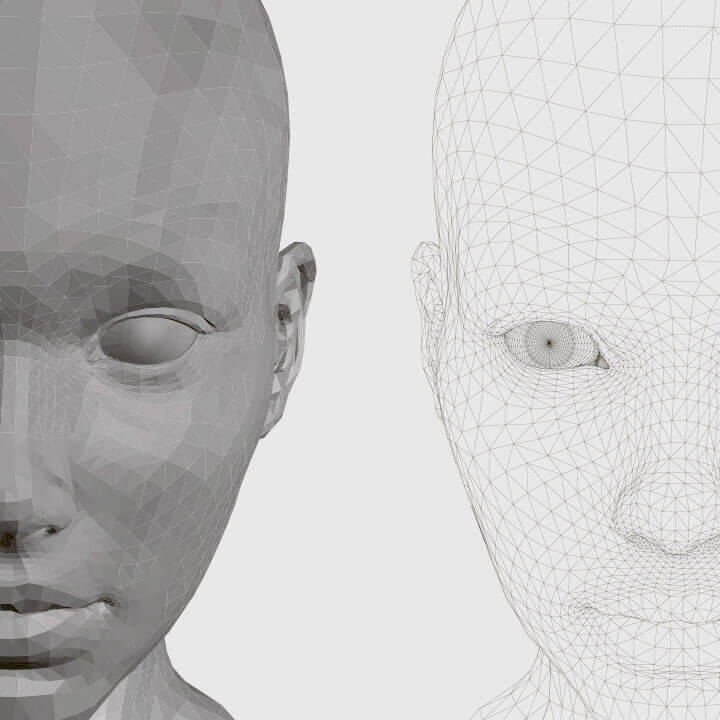Information Technology
Acad. Year 2022/2023Full-Time Study3 Years Title Awarded Bc.
Modern Information Technology will provide you with a wide range of applications in practice. Mathematics, electronics, programming and many more are expected. You actively engage in research where you train your practical skills. When you get there, companies will be furious about you. You will be analysts, programmers, testers or maintainers of various software systems, as well as ICT managers and entrepreneurs. After bachelor's degree, you can also continue your studies in a follow-up master's degree.
1st Year
They will pass on all their knowledge and hold you in difficult moments
Doc. Dr. Ing.
Kolář Dušan
Dušan Kolář is the head of the Department of Information Systems. During your studies, you will meet him in the courses Advanced Database Systems and Functional and Logic Programming. He focuses on formal languages, their processing and reverse translation (eg in FIT/Avast cooperation).
Prof. Dr. Ing.
Černocký Jan
He teaches Signals and Systems, mostly a hated object full of complex numbers, convolutions, and other disgusts. Only later will the students appreciate that they will be useful in their life in the processing of sound, video, but also sensory or large-scale data. He like to advise thoughtful students with many projects including Erasmus+.
Prof. Ing.
Hruška Tomáš
CSc.
Ing.
Křivka Zbyněk
Ph.D.
As a member of Formal Models research group he studies formal languages. He assigns and evaluates students' projects in Formal Languages and Compilers course and Principles of Programming Languages course. He tries to be helpful but the points have to be earned. Outside school he organizes Animefest.
Prof. RNDr.
Meduna Alexander
CSc.
He is a theoretical computer scientist and expert on compiler design, formal languages and automata. Formerly, he taught theoretical computer science at various Asian, European and American universities, including the University of Missouri, where he spent a decade teaching advanced topics of formal language theory. He wrote over ninety scientific papers and several books.
Ing.
Smrčka Aleš
Ph.D.
His main interest is quality control of software. He puts a lot of effort in research of software testing and helps students to create functional and bug-free programs. He does not bring knowledge and experience as is, he rather leads students to think about complex problems and solutions by themselves while providing real scenarios from practise.
Prof. Ing.
Vojnar Tomáš
Ph.D.
Tomas likes to work on the edge between mathematics, formal methods, and their applications in computer science and engineering. He is interested in static analysis and verification with formal roots but also dynamic analysis and testing. He lectures on operating systems too. Apart from the factual contents of the different courses, he strives to teach students to think systematically and to precisely formulate their ideas.
What are we talking about?
-
Brno, June 17, 2025) From June 23 to August 1, the Faculty of Information Technology at the Brno University of Technology (FIT BUT) will host the 32nd edition of the prestigious international workshop JSALT 2025. …
-
The international conference on digital forensic analysis, DFRWS EU 2025, was held at FIT BUT
(PR, Brno, April 8) The Faculty of Information Technology at Brno University of Technology (FIT BUT) hosted the international conference DFRWS EU 2025. It was the first time that this longest-running event in the field of global digital forensic research took place in the Czech Republic. …
